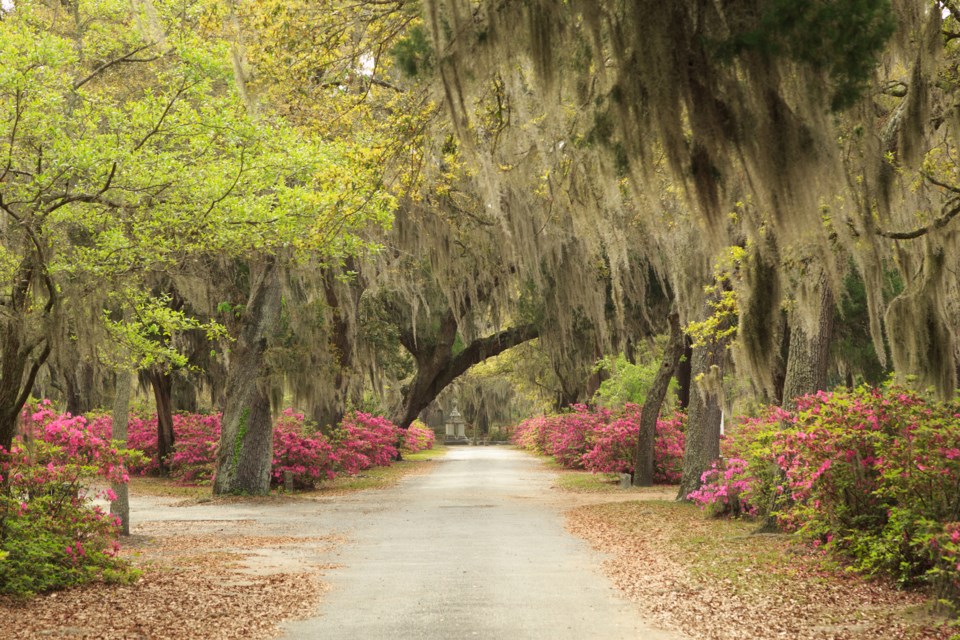It’s not the most comfortable thing to think about, but Christine Lafazanos wants people to know that there are options when it comes to funerals. And as a certified life-cycle celebrant she can help families plan funerals that truly reflect the life and wishes of their loved-one.
“Funeral homes are hearing that people want something different,” Lafazanos said in an interview. “Lots of people are looking for options, whatever their faith.”
Lafazanos is holding a workshop at 10C, 42 Carden St. on March 27 at 7:30 a.m. Cost is $20 and pre-registration is required.
The workshop covers topics like green burials, direct cremation, home funerals and celebration of life ceremonies.
Lafazanos said people are becoming dissatisfied with “cookie cutter” funerals that are so generic, you don’t even get a sense of the person who died.
“People are starting to question traditions and realize rituals can still be meaningful,” she said.
Baby Boomers are driving this change, she said, as they arrange their own parents’ funerals.
So, the topics. Green burials are when bodies are not embalmed but rather wrapped in cloth so no toxic chemicals leach into the ground. Remains can also be composted in a way similar to what is being done with livestock. Green cemeteries are more like wild meadows or forests than manicured lawns.
Lafazanos said there are many ways to customize a service to reflect the life and values of the departed. Community bulb planting, a ceremonial campfire, holding a service in a barn or a gallery – “It’s difficult to think outside the box but that’s where I live,” she said.
It’s not easy to plan a funeral when you don’t know what your loved-one would have liked, she said.
“When people don’t have specific wishes to follow, they get stressed out. And it’s already a high-stress moment.”
She held a workshop in the past “and it was obvious these ideas were new,” she said. “So I will introduce a number of ideas as a starting point. And I’m curious to hear what people are drawn to.”
What’s most important is to talk with your family and let them know your wishes. Whether it’s a particular song that’s played, a poem that’s read, a ceremony that is followed or a display of their life’s work, funerals can bring comfort to mourners and pay tribute to those who have lived rich lives.
“But you really need to have those conversations,” she said. “People don’t understand how big the need is for funeral alternatives.”
More information is available on the website
